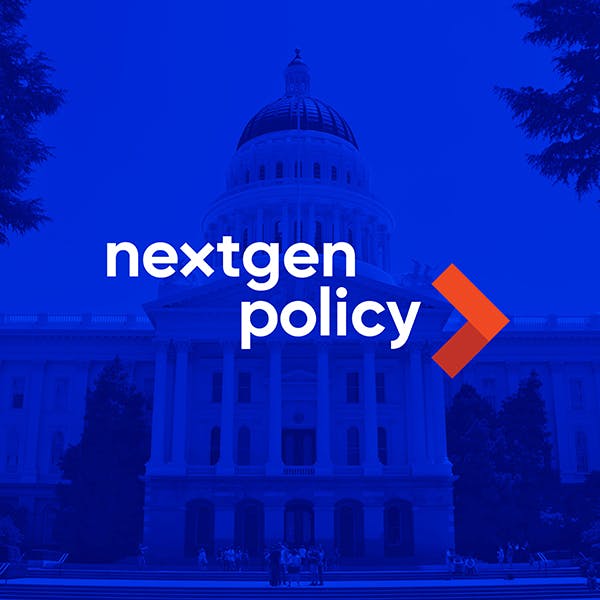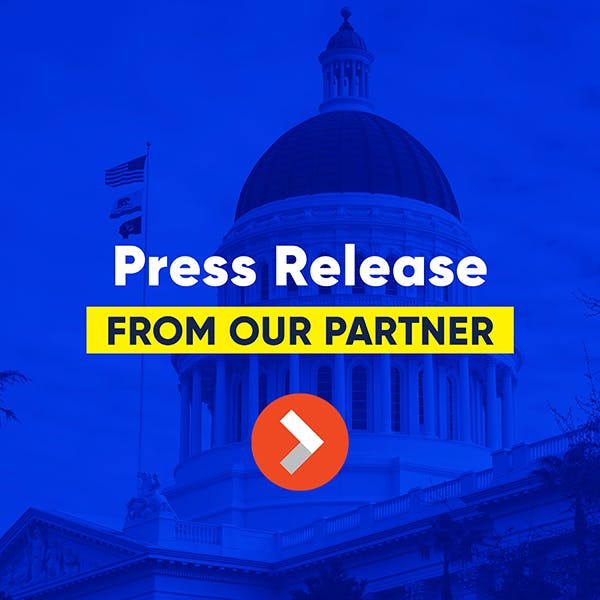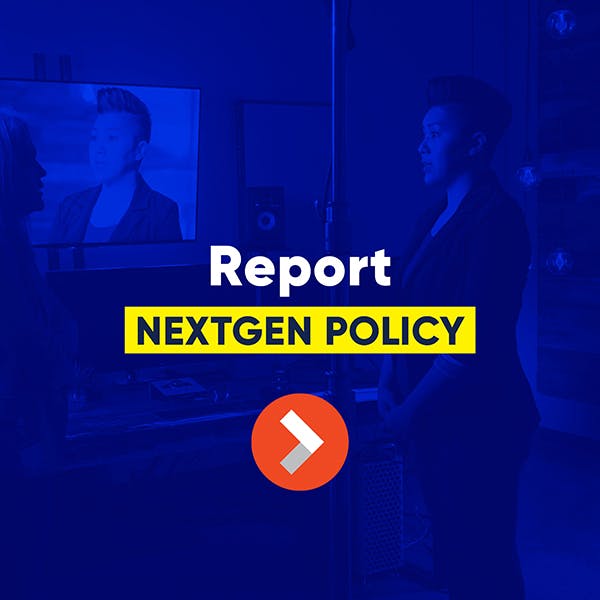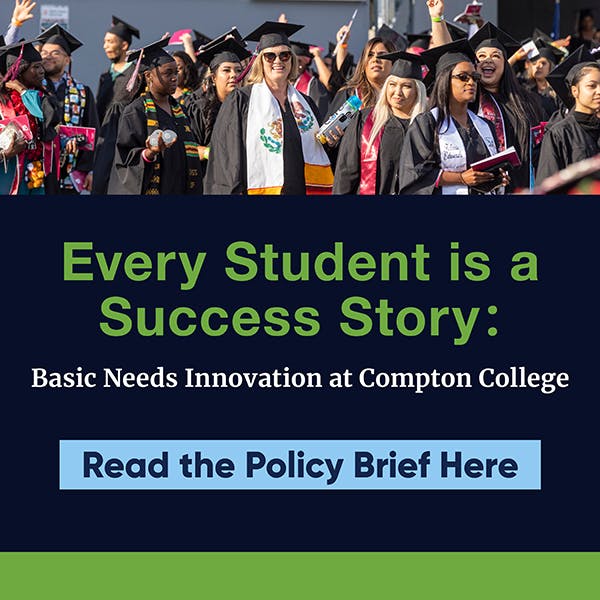
Assembly Bill 1160 (Pacheco)
- Introduced
- CA Assembly Committee
- Assembly Floor Vote
- CA Senate Committee
- Senate Floor Vote
- Bill Passed
- Bill Signed
Summary of the Bill
- Prohibits institutions of higher education from withholding a degree that has been earned by a student simply because they owe an institutional debt.
- Establishes a one-term grace period for students with institutional debt to allow them to register or re-enroll in their coursework. This allows students the chance to make critical progress toward their degree while having the opportunity to get back on track and pay off their institutional debt.
- Establishes important guardrails on the use of third-party debt collection and protects students from tax returns and benefit garnishment.
- Provides much-needed transparency on the growth and impact of institutional debt by requiring consistent data collection and reporting.
Background
Although state and federal policymakers have taken action to support student loan borrowers, another type of student debt has gone mostly unaddressed – institutional debt. Institutional debts are owed by current or former students directly to an institution of higher education. The economic and public health consequences of the pandemic forced record numbers of students to withdraw from their courses of study. As a result, institutional debt ballooned and now more than 750,000 low-income students owe more than $350 million in institutional debt to California public colleges. Current or former students with outstanding institutional debt can face disastrous consequences that not only stop students from graduating but also adversely affect their future financial and social well being.
AB 1160’s Proposed Solutions
Stopping the most harmful debt collection practices by California higher education institutions will allow students to persist in their courses, obtain their hard earned degrees, and successfully enter the workforce.
“At a time when the state is facing an enrollment crisis, this bill helps students persist with a degree in hand ready to enter the workforce. Institutional debt especially burdens low-income and students of color - students hard hit by the pandemic. The time is now to end harmful debt collection that stops students in their tracks.”
Protecting Students from Creditor Colleges Act” Passes Assembly
With the passage of AB 1160 out of the Assembly, California will continue to lead the nation in addressing student harm resulting from institutional debt, building on reforms established in AB 1313 (Rivas – 2019), which prohibited schools from withholding transcripts as a means of collecting these debts, a protection that other states and the federal government have since adopted.
Our Work on Higher Education
Our Focus on Education
Ensuring students achieve academic success from cradle to career by addressing historic inequities in our education systems and advancing progressive policies that promote student success and access to the promise of quality educational opportunities.

Samantha Seng
Legislative Director & Policy Advisorsamantha.seng@nextgenpolicy.orgStay Updated!
Stay up-to-date on AB 1160.






